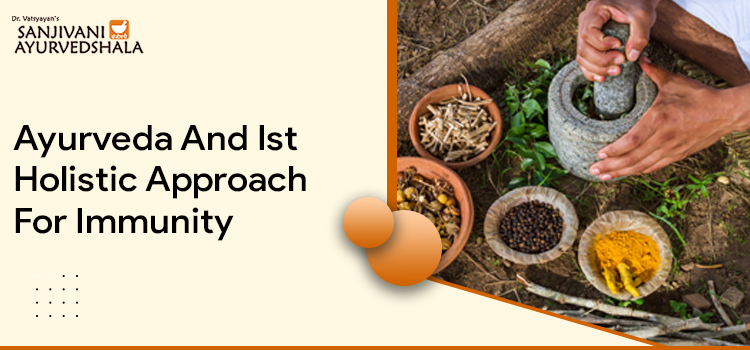

A comprehensive note on ayurvedic medical science.
Ayurveda treatment starts with an internal purification process, followed by a special diet, herbal remedies, massage therapy, yoga, and meditation. The concepts of universal interconnectedness, the body’s constitution, and life forces are the primary basis of Ayurvedic medicine.
What is the definition of Ayurvedic medical science?
Ayurveda science is derived from Sanskrit and is based on the fundamental idea that everything is interconnected. Striking balance and harmony is essential to overall health and fitness. The disease is more likely to strike someone who is unbalanced or under stress. Ayurveda focuses on applying lifestyle changes and natural therapies, treatments, and remedies to achieve equilibrium between your physical body, mind, spirit, and the environment around you. These practices also highlight the importance of self-care, stress management, and emotional balance. The best Ayurvedic clinic in Ludhiana offers you appropriate treatment.
Why do people prefer Ayurvedic treatments?
There are several reasons for the preference for Ayurvedic treatment.
- Natural Approach: The application of natural treatments made from plants, herbs, minerals, and other natural sources is emphasized in Ayurvedic medicine. Since this holistic method is thought to be softer on the body and frequently uses fewer synthetic chemicals, it is preferred by many.
- Tailored Care: Ayurveda considers each person’s constitution, or “dosha,” consisting of the three elemental energies of Vata, Pitta, and Kapha. Individualized treatment programmes are created for each patient, considering their unique physical, mental, and emotional needs.
- Emphasis on Prevention: Ayurveda greatly emphasizes diet, lifestyle choices, and herbal medicines to avoid illness and preserve mental and physical equilibrium. Those who want to maintain their general well-being may find this preventive strategy appealing.
- Mind-Body Connection: In health and disease, Ayurvedic medicine acknowledges the interdependence of the body, mind, and spirit. It combines techniques like yoga, meditation, and pranayama to support physical and mental well-being.
- Long-standing Tradition: With origins in India extending back thousands of years, Ayurveda is among the world’s oldest holistic treatment systems. Its longevity and the generations of individuals who have used it historically influence its perceived reliability and dependability.
- Minimal adverse Effects: Ayurvedic medicines are thought to have fewer negative effects than pharmaceutical pharmaceuticals because they predominantly use natural components. It’s important to remember that herbal therapies are not appropriate for everyone and can interact with drugs.
- Holistic Approach: Rather than focusing only on treating specific body parts or symptoms, Ayurveda considers the whole individual. This all-encompassing viewpoint is consistent with the growing interest in alternative and integrative healthcare practices.
- Cultural and Spiritual Significance: Indian philosophy, spirituality, and culture are closely linked to Ayurveda. Their spirituality or cultural background may influence some people’s decision to receive Ayurvedic therapies.
- Availability and Accessibility: Ayurvedic therapies and remedies, such as oils, herbal supplements, and consultations with Ayurvedic practitioners, are readily accessible in many parts of the world. People can simply research alternative healthcare choices thanks to this accessibility.
- Perceived Effectiveness: Ayurvedic treatments are popular and continue to be used as a supplemental or alternative medicine because many people report positive experiences and perceived advantages.
Ayurvedic medical science is beneficial for the treatment of different problems. An Ayurvedic doctor in Ludhiana suggests Panchakarma and Ayurvedic remedies for treating other issues. The best and well experienced doctors are available at Sanjivani Ayurvedshala.
